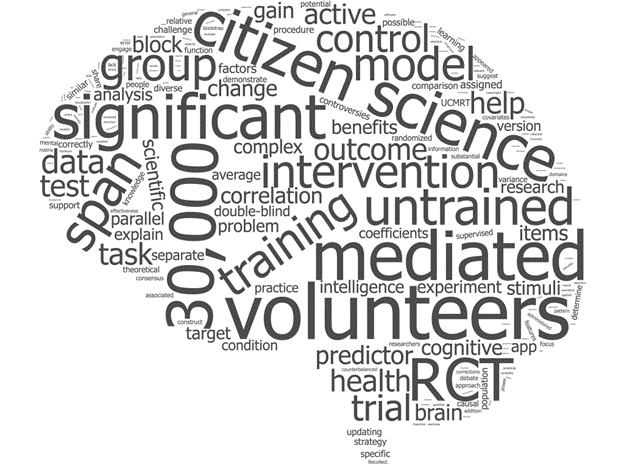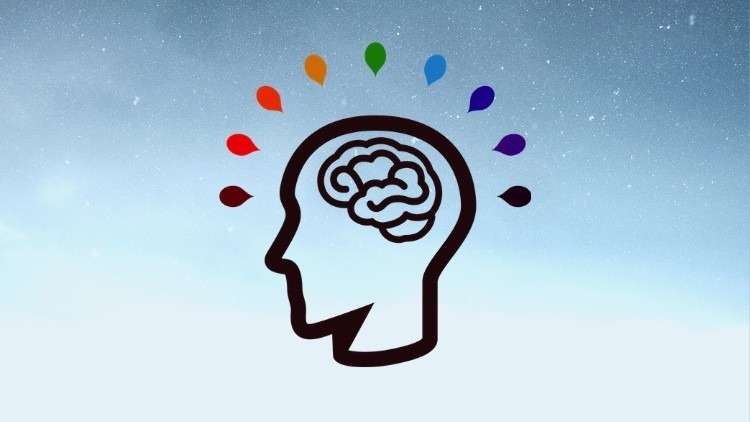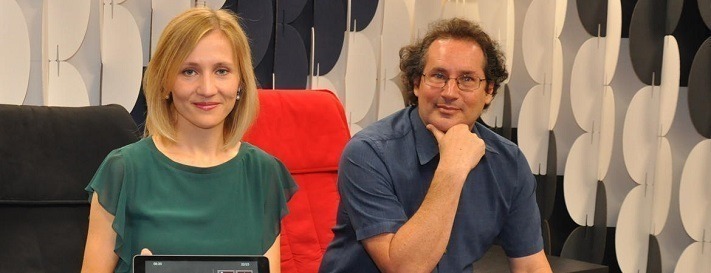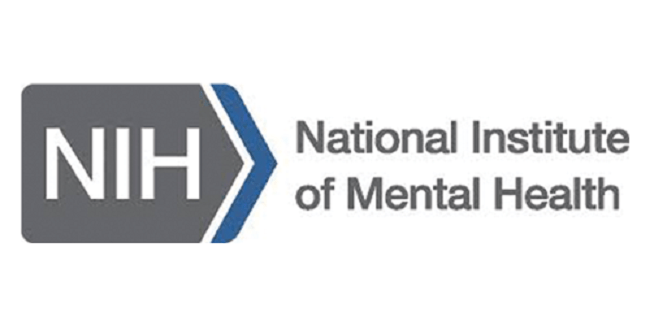Posts Tagged ‘Brain Game Center’
Please help us recruit 30,000 adults for a UC Citizen Science project on cognitive training
How can we cut through the controversies around brain training and unlock the exciting potential as suggested by the numerous published studies showing examples of cognitive training benefits?
Read MoreGiven cognitive strengths and needs are diverse, what brain training may work best for each person and under which conditions?
Does ‘Brain Training’ Actually Work? (Scientific American): If there were an app on your phone that could improve your memory, would you try it? Who wouldn’t want a better memory? After all, our recollections are fragile and can be impaired by diseases, injuries, mental health conditions and, most acutely for all of us, aging.
Read MoreLarge UC study to investigate when and how brain training transfers (or does not) to broader cognitive and health benefits
Nationwide project seeks to understand how brain exercises produce cognitive benefits (UC press release): How does memory training lead to cognitive benefits? Aaron Seitz, director of the Brain Game Center for mental fitness and well-being at the University of California, Riverside, has wrestled with this question for several years. Now he and Susanne Jaeggi, an associate professor…
Read MoreThe National Institute of Mental Health gives $2M grant to identify factors that make working memory training work (or not)
Understanding Individual Differences: UC Riverside psychology professor receives $1.9 million grant to study memory training (press release): “Aaron Seitz, a psychology professor at the University of California, Riverside and the director of the UCR Brain Game Center for mental fitness and wellbeing, and Susanne Jaeggi, an associate professor at the school of education at UC…
Read More



